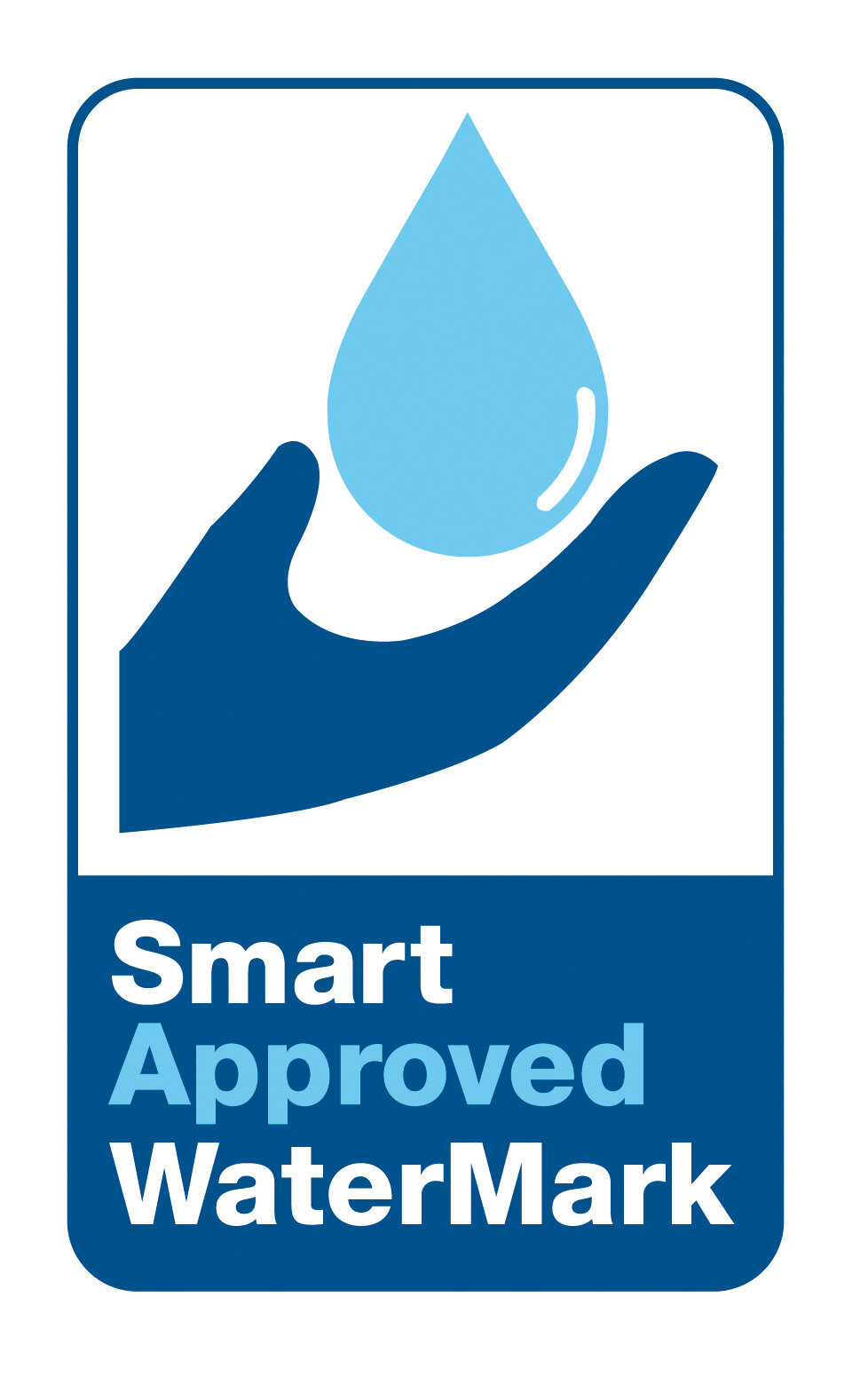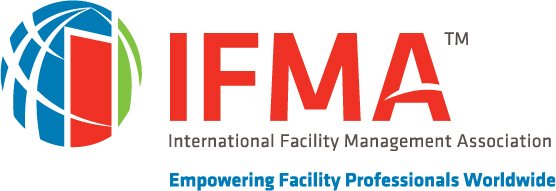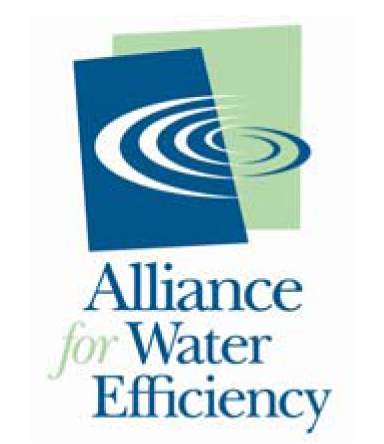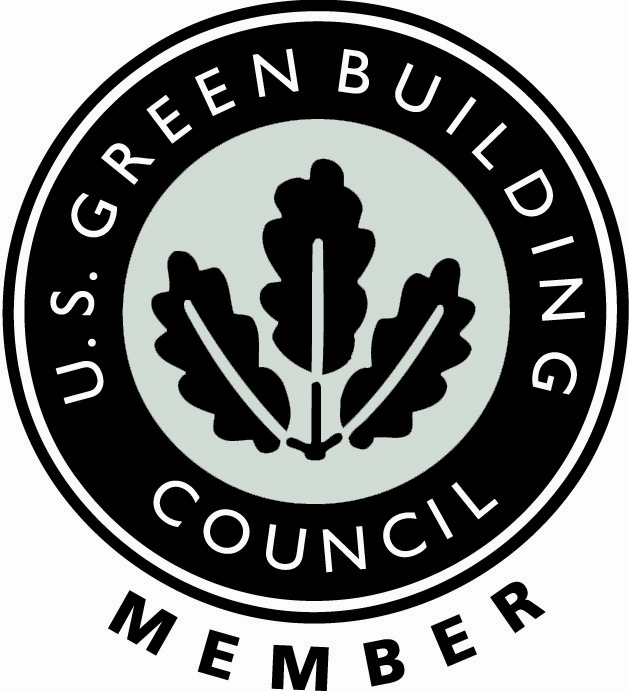Waterless urinals have long been praised for their environmental benefits. By eliminating the need for water in the flushing process, they conserve billions of gallons of water annually. They also significantly reduce energy consumption – and the related greenhouse gasses energy production produces - because less energy is needed to deliver and remove water from facilities.
But their impact goes far beyond water savings and these benefits.
A groundbreaking development is emerging: the transformation of urine, often collected from waterless urinals, into valuable resources. Companies worldwide are turning urine into, among other things, fertilizers, biogas for energy, pharmaceuticals and opening a whole new realm of technological possibilities.
While using urine as a natural, organic fertilizer resource isn't new, large-scale implementation is a recent phenomenon. This innovation has attracted significant attention as evidenced by the February 2022 article in the magazine Nature titled "The Urine Revolution: How Recycling Pee Could Help Save the World."
To understand how this revolution is possible, it is essential to examine the role of waterless urinals.
Unlike traditional urinals, which use water to flush urine into sewers, waterless urinals, as the name implies, do not use water. Instead, gravity pushes urine down the sides of the urinal, collects it in a trap or cylinder at the base, and then deposits it into a sewer line. The entire process is safe, hygienic, and odor-free.
This undiluted urine is easy to convert into high-quality fertilizer and other byproducts and is less likely to be contaminated, which can happen when urine is mixed with water.
Scientists report that urine contains many nutrients, such as nitrogen, phosphorus, and potassium, all essential for plant growth. This makes recycled urine an excellent source of organic fertilizer - which the world needs now.
According to The Poynter Institute for Media Studies, a non-profit journalism school and research organization based in St. Petersburg, Florida, the world is running out of fertilizer:
For the first time ever, farmers worldwide are testing the limits of how little chemical fertilizer they can apply without devastating their yields come harvest time. Early predictions are bleak.
In other words, farmers are using as little chemical fertilizer as possible, realizing it is in such short supply. This is already impacting food production worldwide, and the situation is becoming increasingly dire.
"My biggest concern is that [due to a lack of fertilizer] we end up with a severe shortage of food in certain areas of the world," says Tony Will, the chief executive of CF Industries Holdings Inc., the world's largest nitrogen fertilizer company based in Deerfield, IL. Should this happen, food costs may skyrocket, which could increase starvation in many areas of the globe.
But that’s not all. Recycled urine has even more benefits. For instance:
The conversion process has minimal environmental impact
Few, if any, chemicals are used to make the urine-based fertilizers
The process reduces burdens on local wastewater treatment facilities.
Once again, waterless urinals are at the forefront of sustainability. They help us use water more efficiently, dramatically reduce water consumption, and turn urine into much-needed fertilizer.
As we can see, a simple yet powerful technology like waterless urinals is significantly contributing to the improvement of the world we live.
-Klaus
Klaus Reichardt, CEO & Founder at Waterless Co Inc. He is widely known as a thought leader and influencer when it comes to water related issues. Waterless company helps facilities use water more efficiently, reduce water consumption, and lower operating costs.










